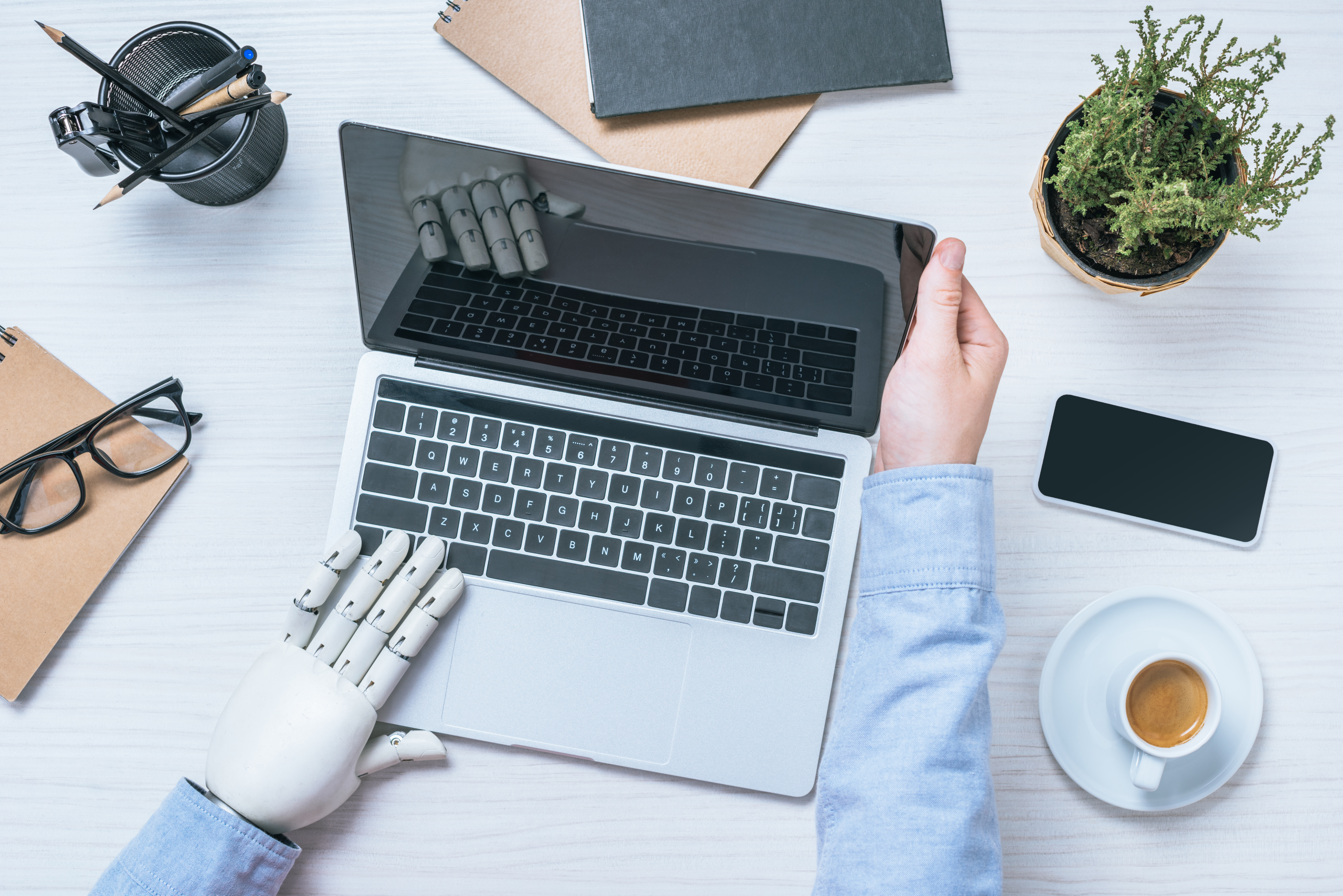VERIFYING HUMANS IN A DIGITAL WORLD

The Past
Previously, purchasing items, securing deals and confirming contracts required a handwritten signature. People were encouraged to make it as elaborate as possible, so it was hard to forge. However, if children could spend a few minutes practising their parents signature to get out of admitting they had detention, then a criminal can easily learn your handwriting.
Another way to pay for things was simply swiping your credit/debit card along the terminal, and this proved to be an easy way to pay but very unsafe as your card could be stolen and then immediately used.
The Present
Our society has learned from the past security risks and have implemented many new, more secure ways to access and pay for items. As for card payment goes, there are a number of ways to ‘securely’ pay, including; PIN entering – a 4-digit combination that prevents people using your card straight away if it is stolen, however, the card can still be used to purchase items online as PIN codes are not a requirement, and if you forget your PIN you only have 3 chances to remember before blocking your own card.
Next up we have eftpos or ‘tap’, where you simply press your card on the machine and the payment goes through; this is an enhanced version of swipe as it is quick and easy, but has the added security of requiring a PIN if you spend over $100.
iPhones, airports and keypads in businesses now have the technology to collate your data to link to a fingerprint. This is a fantastic way to secure items as each human being has a unique fingerprint, so hacking is near enough impossible unless you find a way to get that person’s finger without their permission i.e. they’re asleep, or even worse, you’ve harmed them.
The iPhone X has recently been released and the main feature Apple advertise is their facial recognition system. The iPhone screen no longer has a home button to scan your finger print but will instead scan your face to unlock your phone. This modern feature has excited everyone, but it still faces the same problems as the fingerprint method.
The Future
The future plans tie into the facial recognition system Apple created, where stores will scan your face upon entering the store, without you knowing, and the charges will automatically go to your appointed credit card when you leave. This is something Amazon are testing currently, called the Amazon Go cashier-less convenience stores. This seems like an option that will be time saving and modern, however if a store can recognise you, where else can? It’s this sense of constant monitoring that leaves society feeling slightly doubtful of the future as it becomes to resembles George Orwell’s; 1984 or Steven Spielberg’s; Minority Report.
Digital First understand that technology is ever adapting and its what we need to progress, but the security threats and the 24/7 monitoring of the population is something to be wary of in these future years.
Do you agree?






